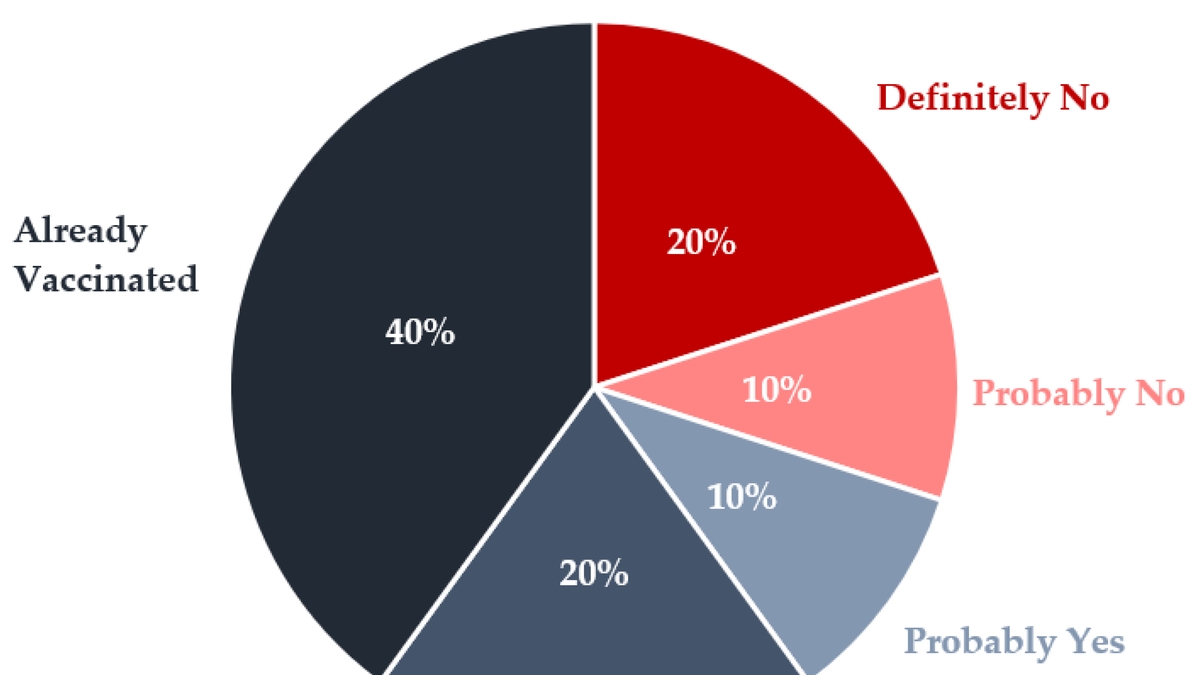Understanding COVID-19 Vaccine Hesitancy Among Veterans: The Influence of Conspiracy Theories

COVID-19 Vaccination among Veterans: An Overview
The COVID-19 pandemic has significantly impacted all corners of society, and the veteran community is no exception. The vaccine rollout has been a critical tool in mitigating the virus’s spread, with efforts made by the Department of Veterans Affairs (VA) to increase vaccination rates among veterans. However, a notable segment of the veteran population has exhibited hesitancy in getting vaccinated.
Several studies and web pages have explored this issue, shedding light on the vaccination uptake and receptivity among veterans. Some veterans are refusing the vaccine due to their belief in conspiracy theories, while others are on the lookout for objective, unbiased information to make an informed decision.
Factors Influencing Vaccination Behavior among Veterans
A study focused on veterans enrolled in homelessness tailored primary health care clinics provided by the U.S. Department of Veterans Affairs found that housing status, positive experiences with VA health care, trust in health providers, and beliefs in conspiracy theories all played a role in influencing vaccination behavior. The study also noted geographical differences, with veterans in North Dakota more likely to be vaccinated and getting vaccinated earlier than those in California.
This highlights the importance of improving access to population-tailored care for individuals experiencing homelessness. Reducing patient loads, expanding housing program enrollment, and increasing the provider workforce are among the suggested strategies to ensure personalized care.
Vaccine Hesitancy Fueled by Conspiracy Theories
Conspiracy theories have been identified as a significant factor contributing to vaccine hesitancy among veterans. These misconceptions and false narratives about the COVID-19 vaccine can be potent enough to deter veterans from getting vaccinated, despite the availability of scientific evidence supporting the vaccine’s safety and efficacy.
Addressing this challenge requires a committed effort to debunk these conspiracy theories and provide clear, accurate, and accessible information about the COVID-19 vaccine. The Department of Veterans Affairs has been working to increase vaccination rates and tackle vaccine hesitancy among veterans by disseminating factual information and addressing concerns.
Efforts to Increase Vaccination Rates Among Veterans
The Department of Veterans Affairs has been implementing measures to increase vaccination rates among veterans. These efforts include providing accurate information about the vaccine, addressing vaccine hesitancy, and increasing accessibility to the vaccine. Data shows an improvement in the percentage of veterans who have received the vaccine and their willingness to get vaccinated.
While progress is being made, the influence of conspiracy theories and the resulting vaccine hesitancy among veterans remain a concern. Ensuring that veterans have access to reliable, unbiased information about the COVID-19 vaccine is crucial for improving vaccination rates and protecting this population group from the virus.
This article has been archived for your research. The original version from Google News can be found here.


